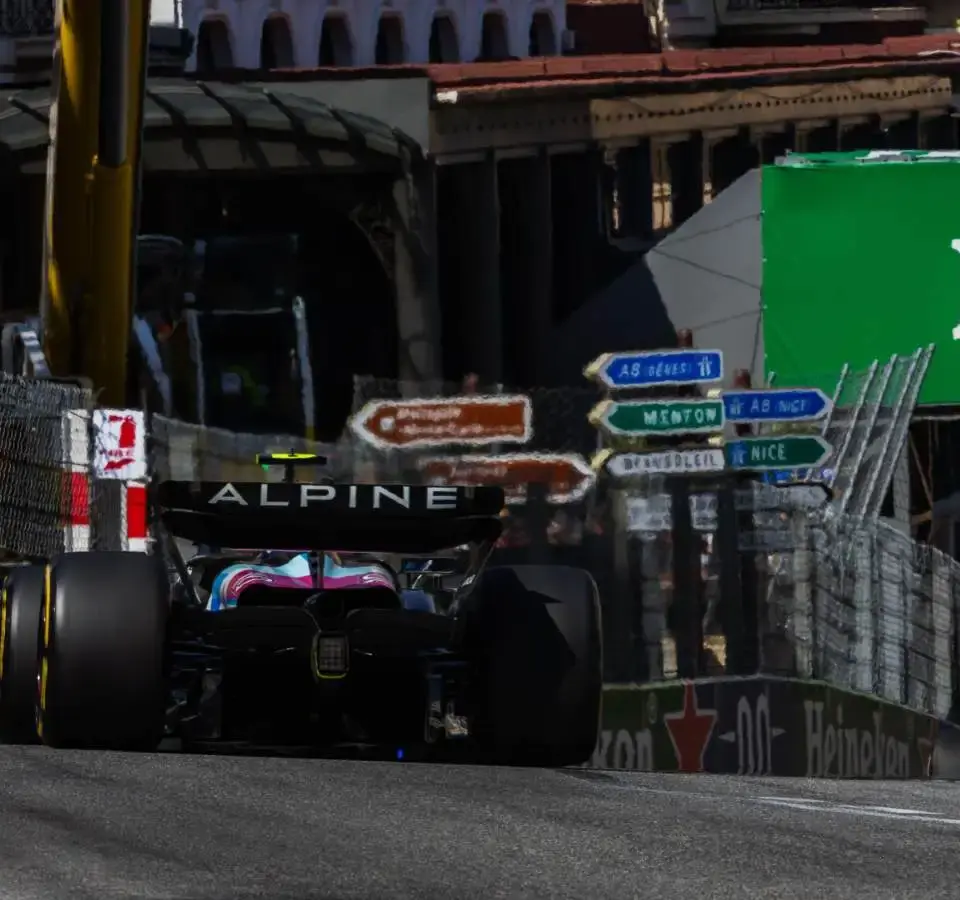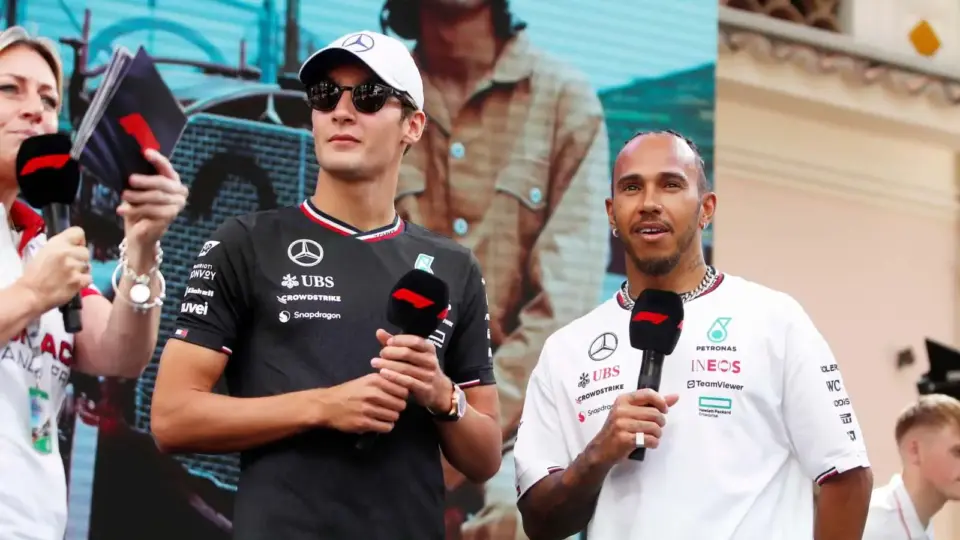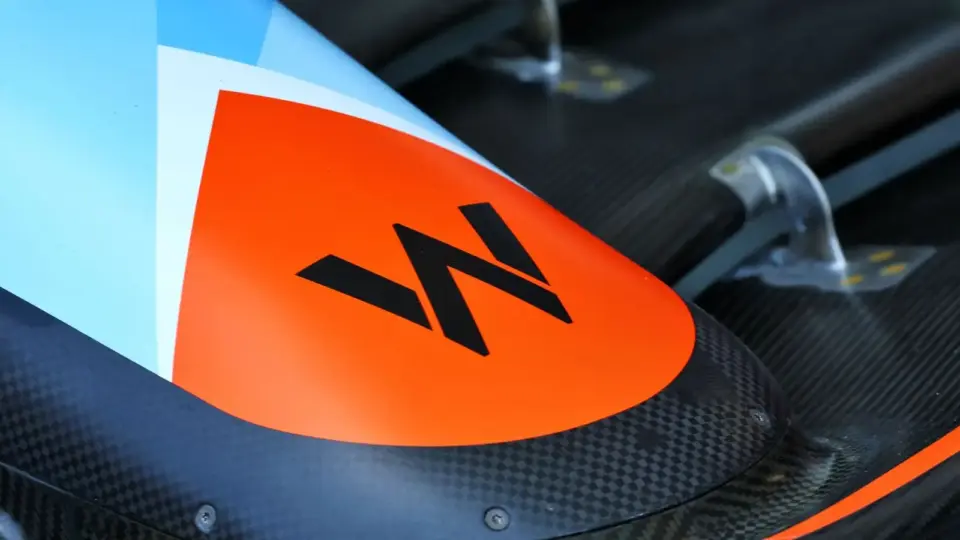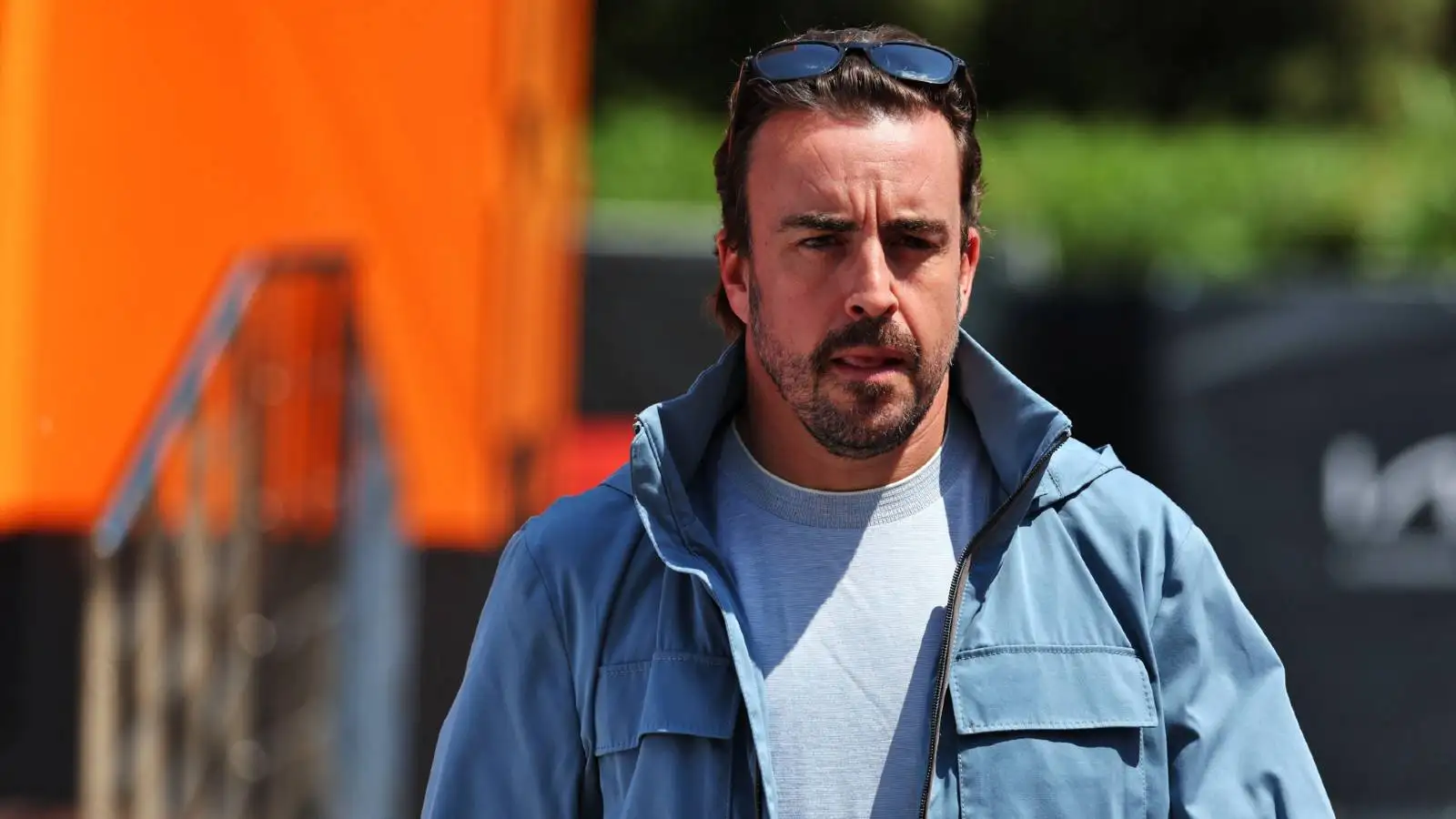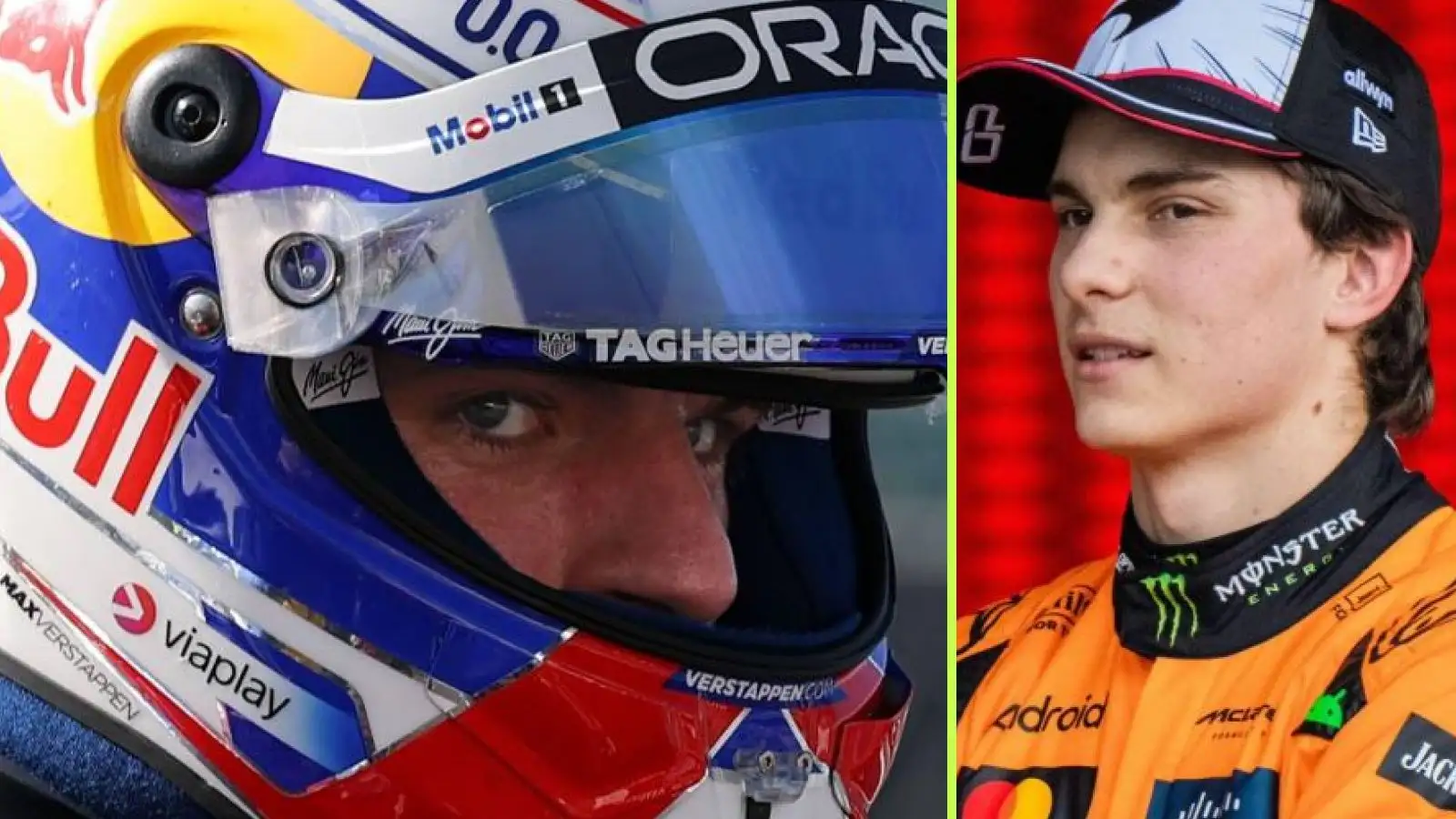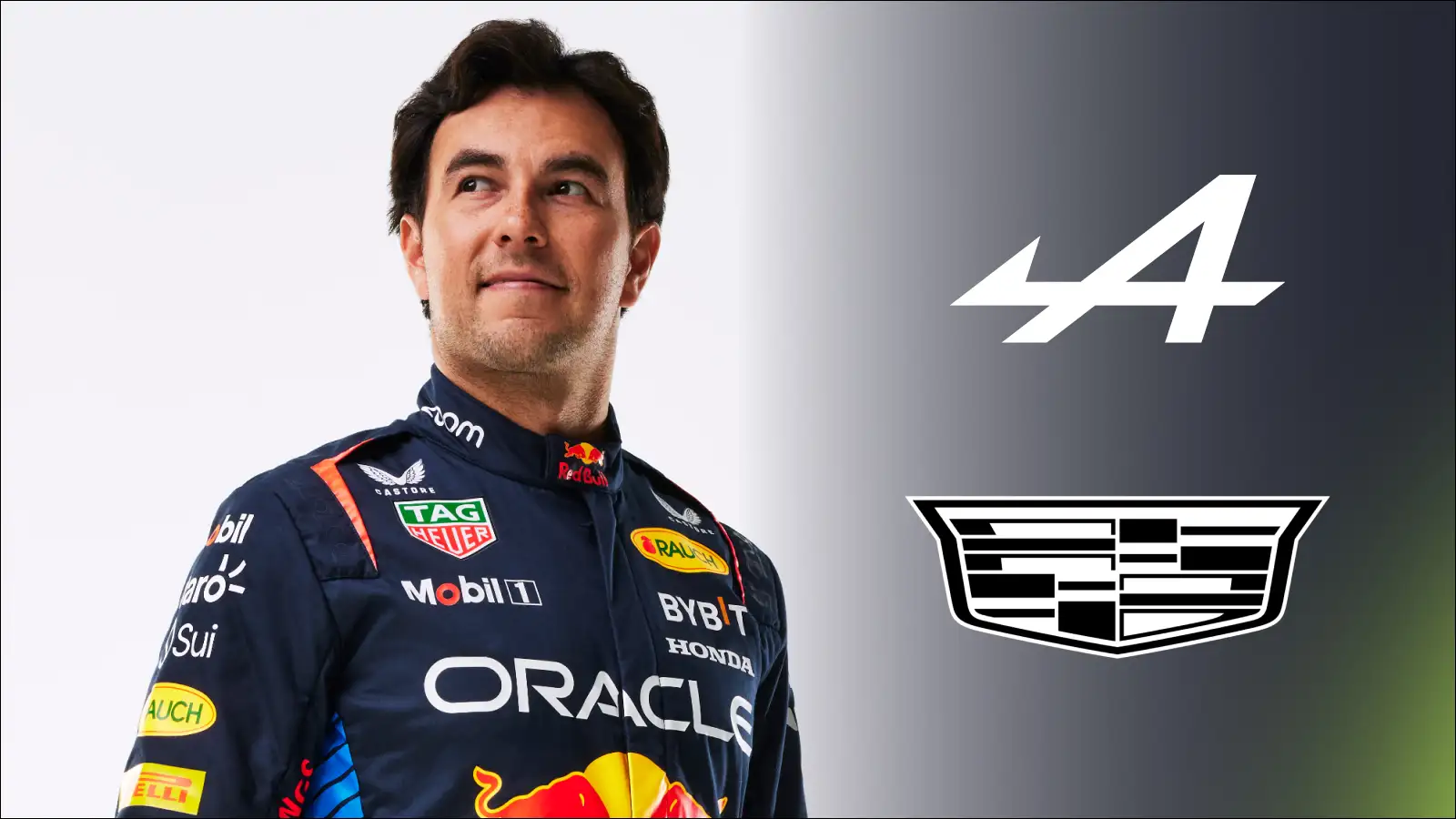In the fast-paced world of Formula 1, career lifelines are rare. Renault’s recent power unit announcement might just be one of those rare opportunities for driver Zhou Guanyu.
- Renault’s creation of a new power unit company, HORSE Powertrains, could align with Zhou’s future ambitions.
- Alpine hasn’t yet confirmed their 2025 driver lineup, giving drivers like Zhou a glimmer of hope.
- Speculations around Renault’s partnership with Geely suggest new openings in driver line-ups.
- With Esteban Ocon departing Alpine, Zhou appears to be a strong candidate based on his experience and market appeal.
The world of Formula 1 is cutthroat, where driver line-ups can change in the blink of an eye. However, Zhou Guanyu, a notable racer from China, might be looking at a second wind. Thanks to Renault’s strategic move to establish a new power unit company named HORSE in collaboration with Geely, a window of opportunity seems to have opened for Zhou as he faces the end of his current contract.
The newly announced HORSE Powertrains represents a 50-50 venture between Renault Group and Geely, launched officially on May 31, 2024. The company will focus on hybrid and combustion powertrain technology, bringing together expertise across multiple sectors with an extensive portfolio. This move also hints at Renault’s shifting focus towards more sustainable automotive technologies, potentially affecting their involvement in F1.
Alpine, the F1 team under Renault’s umbrella, is yet to finalize its 2025 driver roster. Esteban Ocon’s exit leaves at least one seat available, and speculation is high. Pierre Gasly is likely to retain his spot, but who will join him remains open-ended. Ted Kravitz from Sky F1 speculates that Zhou, given his background and marketability, could replace Ocon due to the strategic alignment with Geely.
Zhou’s past two years with Sauber have seen him become a marketing asset, especially in the Chinese market. As Sauber is set to transition into the Audi brand, Zhou’s future seemed uncertain. Yet, his record as the first Chinese F1 driver and his collaboration with Renault’s driver program might serve him well, especially as Renault considers new opportunities to leverage its Chinese partnership.
The broader implications of Renault’s decision involve questions about the future of their engine operations at Viry-Chatillon. Luca De Meo, Renault’s president, points to a vision that prioritizes innovation in the automotive sector over the existing F1 engine program. With Geely’s involvement, Renault aims for a leadership position globally, with Zhou Guanyu possibly playing a part in this evolving landscape.
Zhou Guanyu’s prospects in F1 could pivot significantly thanks to Renault’s strategic alliance with Geely, presenting a potential career-saving opportunity.
